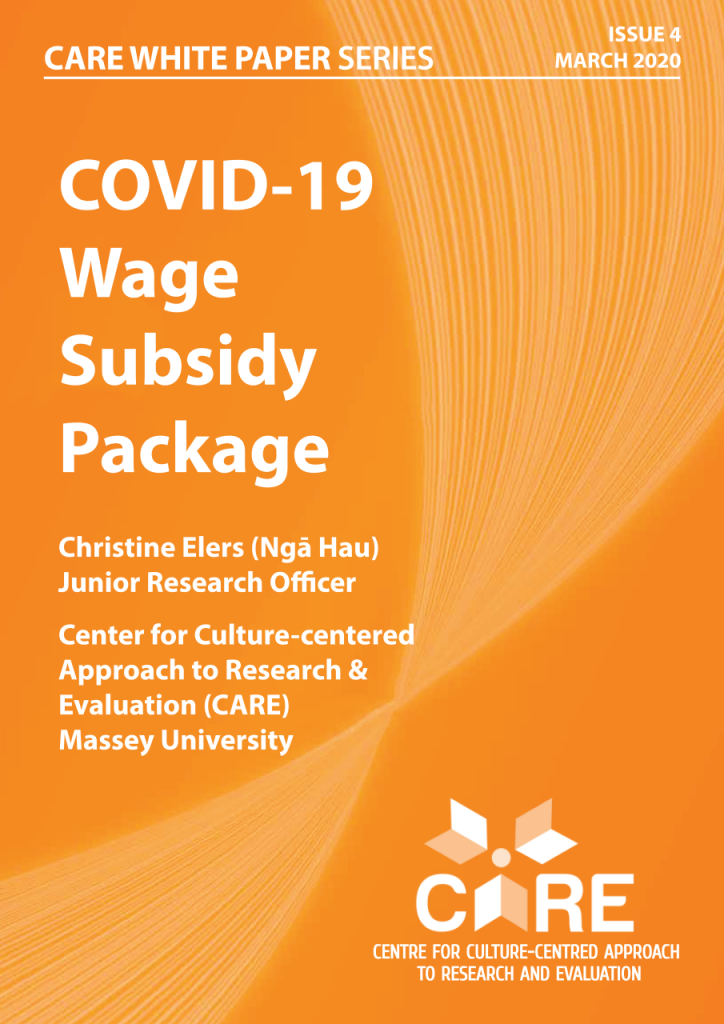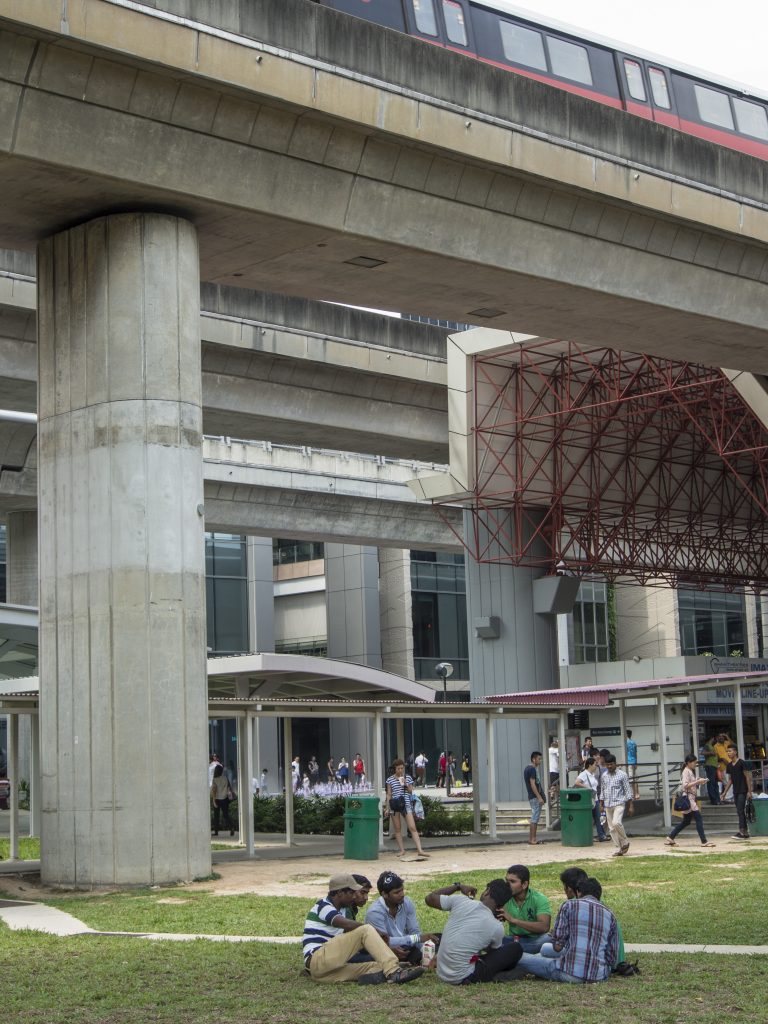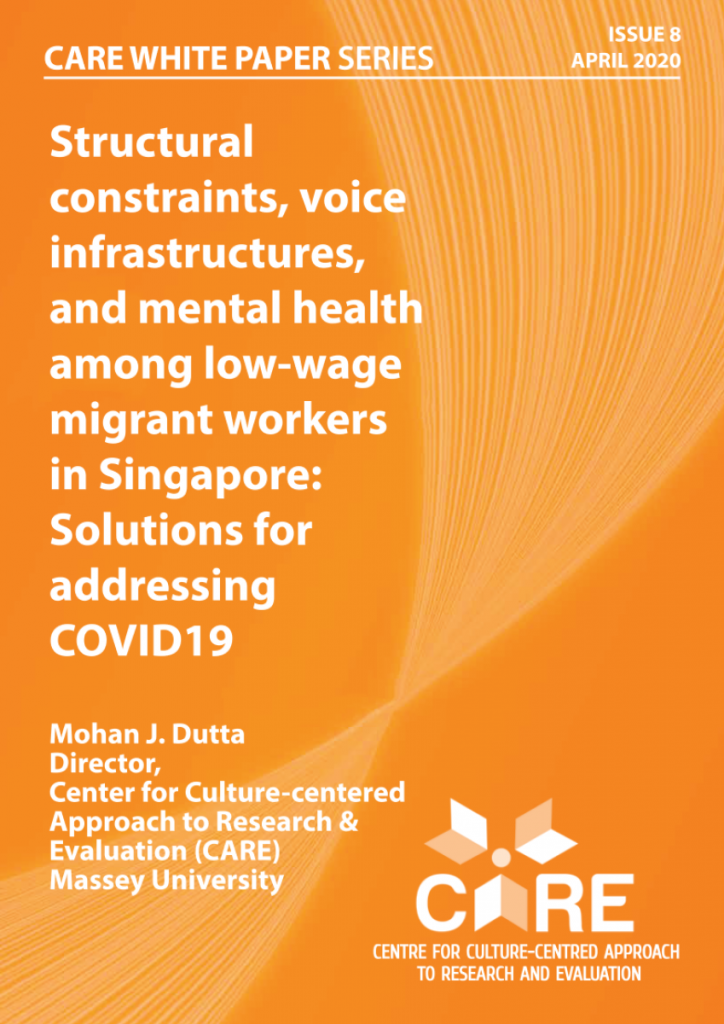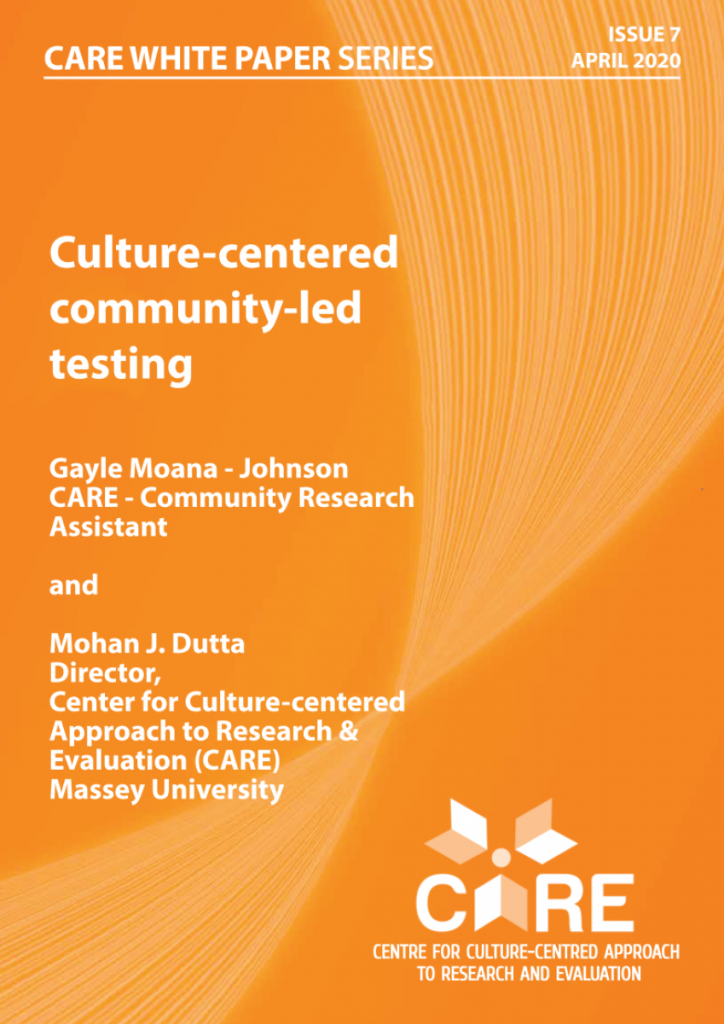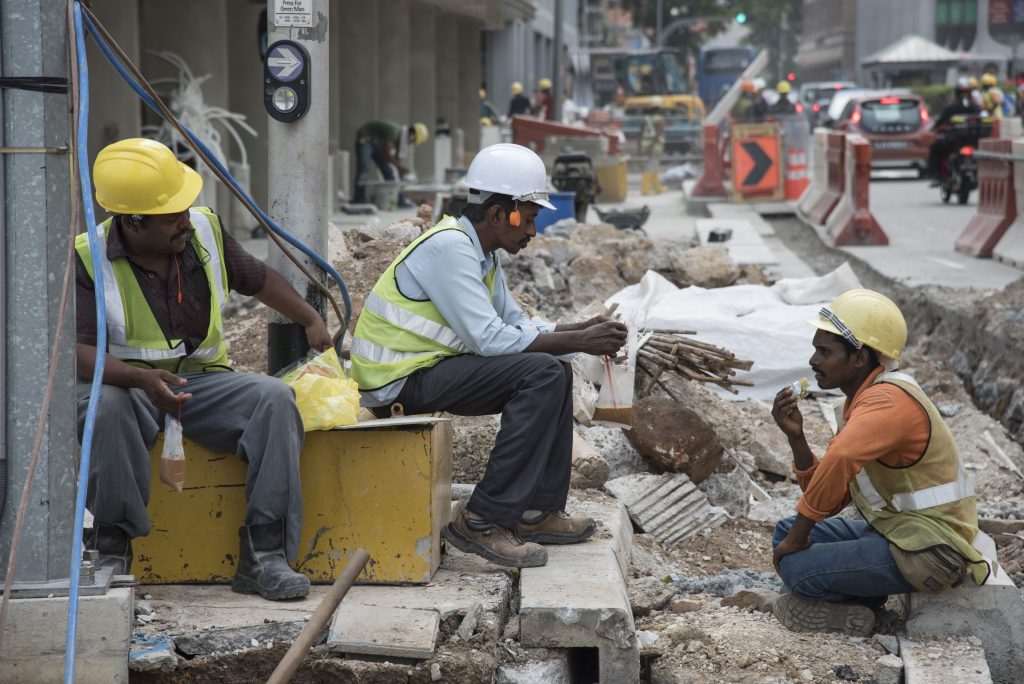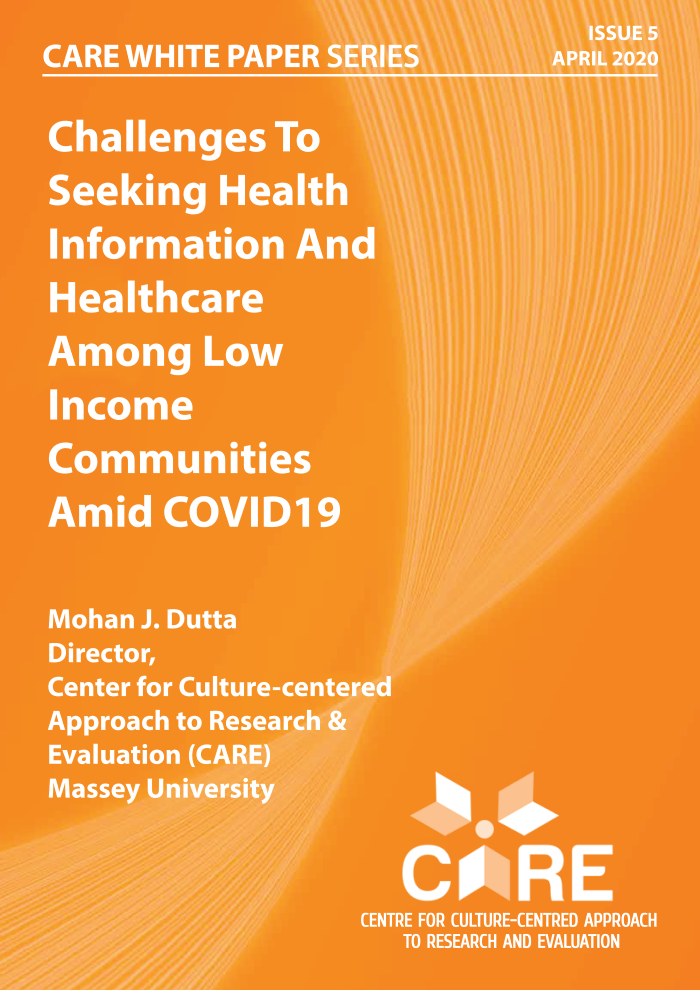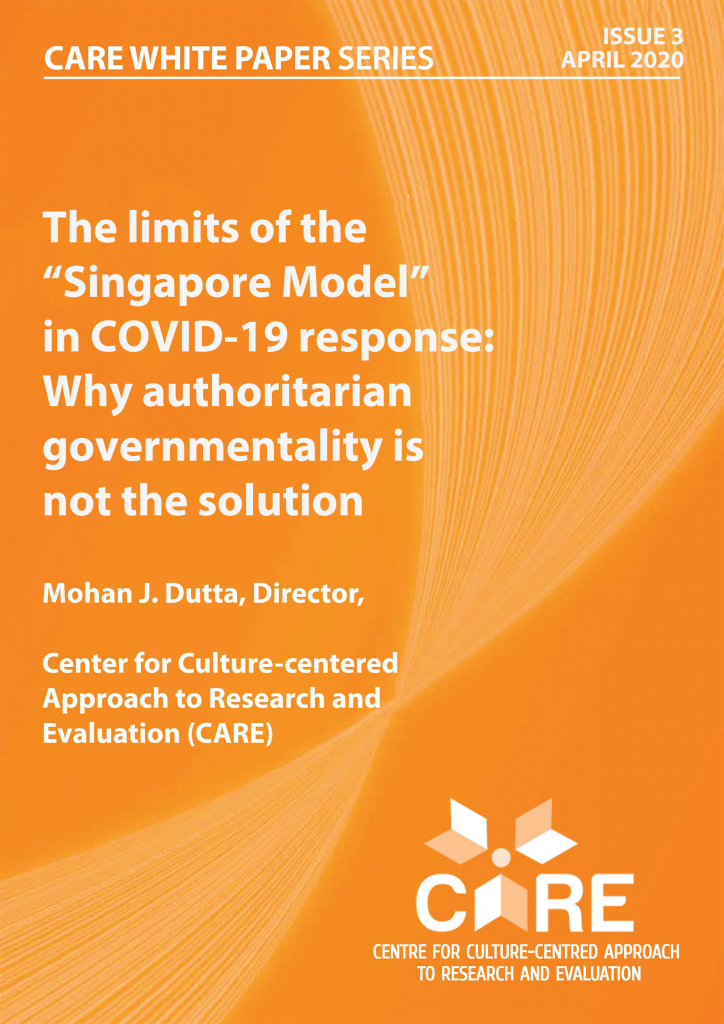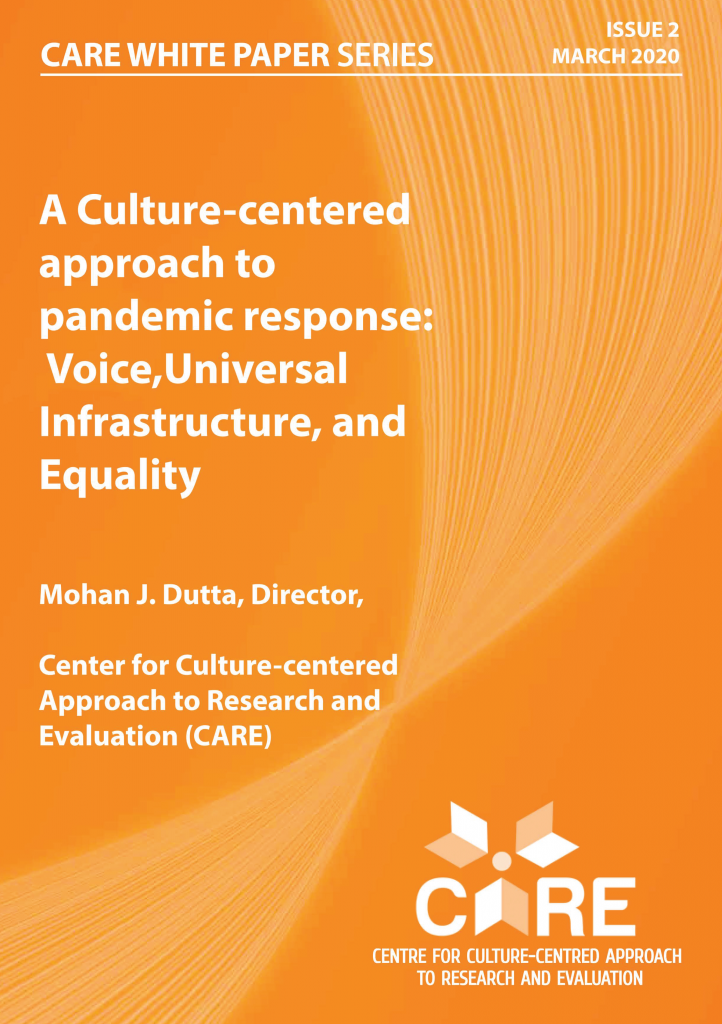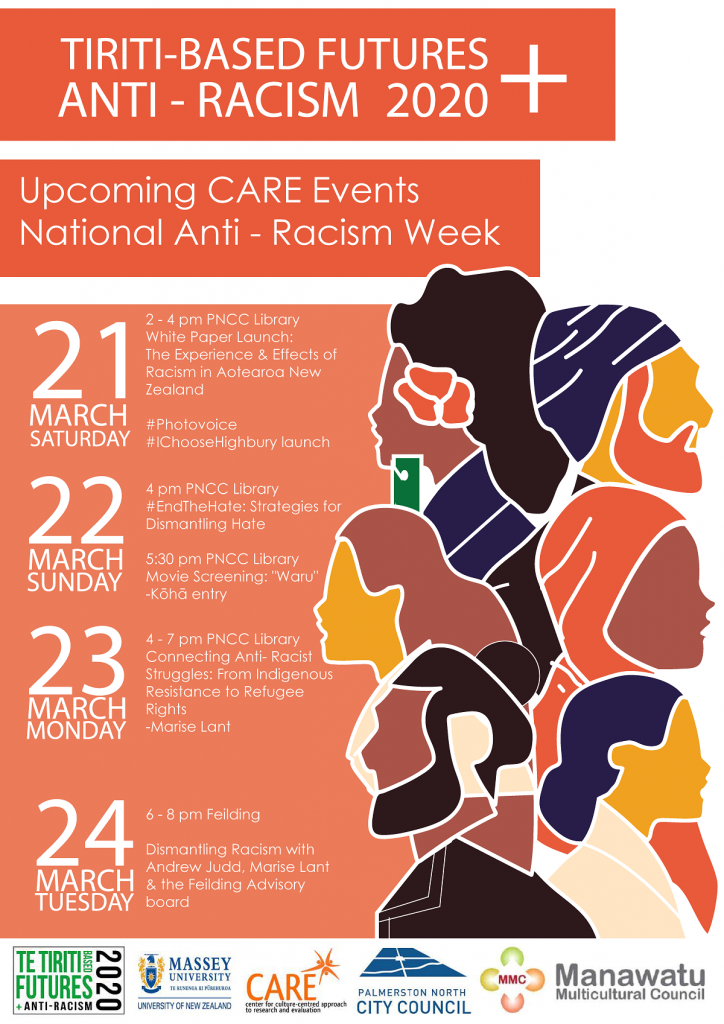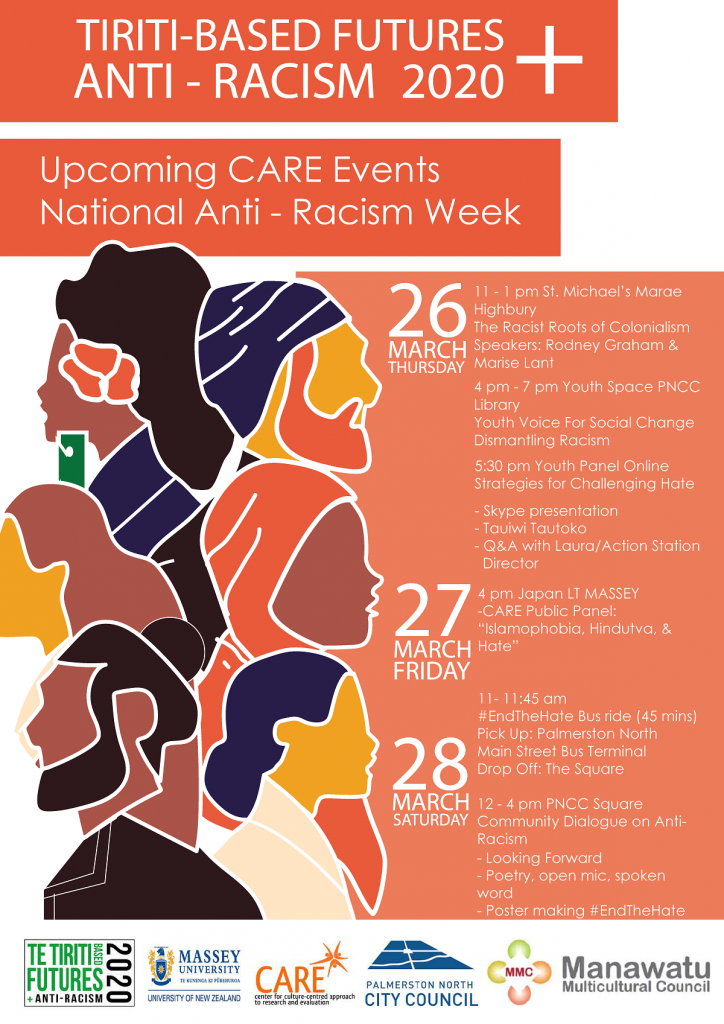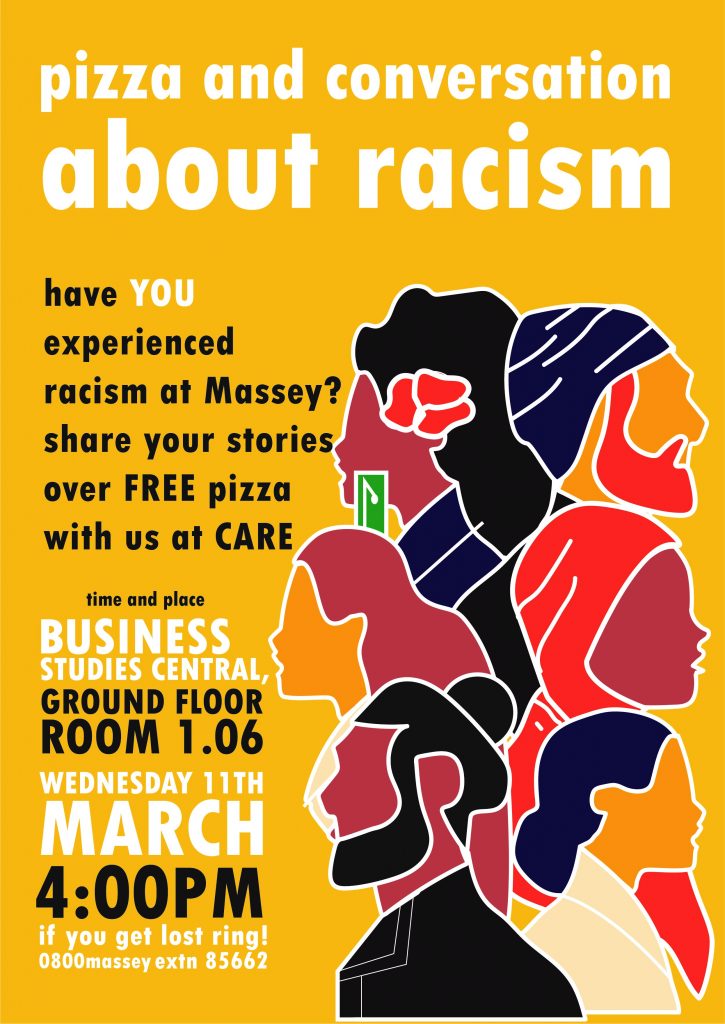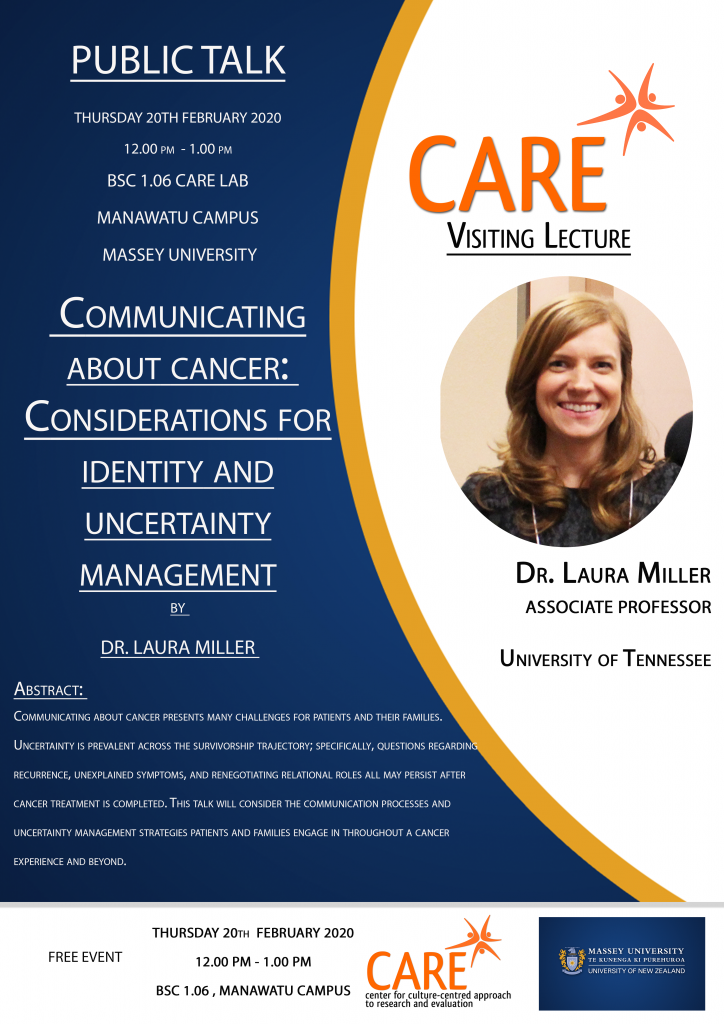MOHAN J.DUTTA | 4 APRIL, 2020

Image Source: NewstalkZB
New Zealand shows the way
Communicative leadership is anchored in the idea of communication as community, communication as both the primordial source of community, and communication as a resource in manifesting community. Communication forms the infrastructure of community.
Be it in its local manifestation, in its national articulation of a collective identity, or in its global networks in response to crises, community is built on communication.
Communication as communion brings together participants in spaces, creating the basis of shared values, shared meanings, and shared actions. It is through the fundamental work of communication as bridging, as bringing people together, as creating the basis of dialogue, as creating the framework for forming and sustaining relationships that we come to realize communities.
It shouldn’t take a pandemic to make evident the powerful role of communication as constitutive of community, locally, nationally, and globally. Also, it shouldn’t take a pandemic to recognize the urgency of principled communication, one that is anchored in the search for truth, in transparency, in dialogue, and in democracy.
And yet, we are here.
Globally we are in the midst of a pandemic because of communicative failures at multiple layers of leadership across the globe, from authoritarian regimes that worked hard to hide the initial information about the epidemic, to opaque global institutions that are co-opted by the agendas of authoritarian regimes, to neo-fascist political parties that have taken over some of the world’s largest democracies, driven to power by their manipulative campaigns that thrive on hate and division.
The failure of much of global leadership to respond to the pandemic, to develop preventive resources, to create and sustain health infrastructures, and to care for communities is fundamentally the failure of communication.
Donald Trump, Jair Bolsonaro, Narendra Modi, Boris Johnson, globally we are witnessing the implications of communicative failures across nation states. Each of these men have risen to power through the deployment of communication as an instrument of hate.
Trump draws his power from simplistic narratives of the “outsider threat,” which forms the infrastructure of his “Make America Great Again” campaign. It is no surprise then that he finds refuge in the “Chinese virus,” triggering a wide range of anti-Asian incidents of hate in the U.S.
Modi’s popular appeal thrives on the use of hate to prop up an imaginary of a Hindu India, built precisely through the exclusion of its Muslim other. For a political project that was right until the COVID19 outbreak orchestrating the xenophobic exclusion of India’s Muslims through its National Registry of Citizens, it is no surprise that the COVID19 threat would be catalysed to orchestrate Islamophobia.
Driven by the deployment of communication as propaganda, U.S., Brazil, India, and U.K. have witnessed the pitfalls of communicative failure in the backdrop of COVID19. Communication, in its utter ugliness, thrives on circulating propaganda on one hand. On the other hand, it systematically obfuscates the failure in governance, the absence of basic public health and welfare infrastructures, and the abject failure of the state to care for its poor and underclasses.
In the midst of this evident failure in leadership in some of the largest democracies across the globe, it is humbling to witness a model of communicative leadership in Aotearoa New Zealand that is anchored in care, transparent communication, social justice, and democracy.
The face of the New Zealand response is the Prime Minister, a student and adept practitioner of communication as communion.
From the initial days of the sharing of the state’s COVID19 response to the ongoing lockdown that the country is witnessing, Prime Minister Jacinda Ardern appears on the screen at least once or twice a day. Her daily briefings to the press are fed through a wide range of broadcast and new media. You witness a leader that takes the care to respond to the most difficult of questions, supported by accurate information grounded in scientific knowledge, and sincerely committed to transparency. If there are questions she does not have the information on, she states so openly and with clarity.
Communicative leadership is transparent, this is one of the first lessons we learn from the response in Aotearoa.
Communicative leadership is evident in the clarity and preparation with which the lockdown was implemented in Aotearoa. Each of the different levels of response to COVID19 were explained with clarity, along with the specific behaviors being recommended in each of the levels. The message with the behavioral recommendation was simple and is repeated multiple times across channels. The Minister of Health and the Director General of Health communicated information clearly about the number of cases, the status of the cases, and the steps being taken to “flatten the curve.” A dedicated Government website communicates the information clearly and with daily updates.
In addition to her meetings with the Press, the Prime Minister draws on her highly popular Facebook live platform to participate in conversations. She takes the time to read questions and directly respond to them, often getting online from home in an informal setting.
Her responses are not mediated by public relations teams or crisis consultants.
This is communicative leadership in action, authentic in its dialogic potential. It is this very authenticity that forms the basis of community, a key part of the Prime Minister’s ongoing message to New Zealanders, to do what New Zealanders do best: respond to COVID19 as a community, caring for each other, and taking care of each other.
Care also forms the basis of a strategy that incrementally moved into the lockdown. An initial level 3 alert gave people an opportunity to prepare, before the level 4 lockdown was implemented. During this period, there was ample communication about the evidence driving the decisions, the basis of the decisions, the explanations for the behaviors being recommended, and the support available to enable the behavior.
Care and social justice form the basis of the Labour-led response strategy in Aotearoa. The lockdown has been supported with state-driven financial support for employees, with paid leave support given to organizations to ensure job security. Similarly, policies have targeted rents to be paid during the lockdown. The Minister of Finance often accompanies the Prime Minister in communicating the financial policies being put into place for support. Anchoring these policies in justice ensures that the rights of workers and low-income communities are at the forefront of the conversation.
The strong presence of Māori culture in Aotearoa shapes the state’s response to kaumātua (the aging members of communities) with care, ensuring their wellbeing is placed at the heart of the response. Communities across Aotearoa reflect this communicative leadership in local spaces, responding with mutual aid and support for each other. Communities of care anchored in mutuality hold up communicative leadership.
That robust democracies are integral to COVID19 response means that there ought to be ample room for plural voices, for questions to be raised, and for evidence to be shared based on experiences in communities to shape a climate of dialogue. In our work at the Center for Culture-centered Approach to Research and Evaluation (CARE) in Aotearoa, this opening for ongoing dialogue based on community voice is perhaps one of the strongest elements of communicative leadership. Even as we develop advocacy papers based on questions emerging from communities, we often find that the issues we raise have already been addressed at a rapid pace.
Democracies depend on their abilities to listen to the people that own them. We witness in the COVID19 response in Aotearoa this accountability to the people, supporting a flexible infrastructure that is continually responsive to the pandemic and its changing nature.
Certainly there are ongoing challenges as the state responds to the changing numbers and scale of the pandemic. A communicative leadership has the robust capability to respond to these ongoing challenges because it is based on the recognition of the fundamental role of communication in making our communities and in sustaining them.
In an earlier OpEd, I wrote about COVID19 offering us a window into imagining new ways of organizing our communities, democracies, and the earth. Communicative leadership is a key ingredient in this work of imagination.
Article Source: The Time For Communicative Leadership Lessons from Aotearoa
MOHAN J.DUTTA | 4 APRIL, 2020
Follow us on : Facebook: @CAREMassey
Twitter: @CAREMasseyNZ

